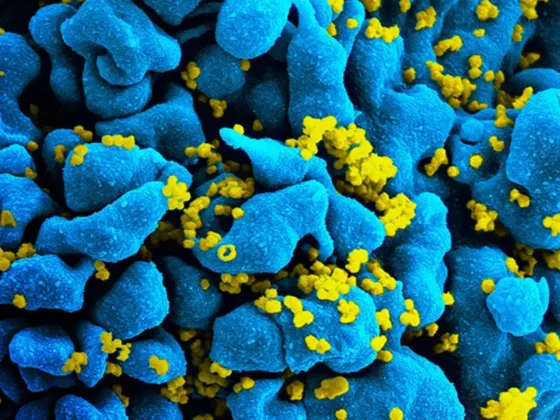New Delhi, 18 November 2024: In a reecnt study, experts have suggested that smoking marijuana increases the chance of developing cancer and could potentially harm future children. This concerning relationship prompts crucial questions about the long-term effects of marijuana use. Why does this matter? The implications extend to public health, personal decisions, and the well-being of future generations. It’s essential for people to recognize the risks linked to marijuana smoking so they can make better-informed choices. How might this awareness influence our views on marijuana legalization and consumption?
Cancer Risks Linked to Marijuana
Research indicates that marijuana smoking can heighten the risk of various cancers. A key issue the carcinogens found in marijuana smoke. Like tobacco, marijuana smoke has harmful chemicals that can harm lung tissue and cause respiratory problems. The American Lung Association points out that marijuana smoke generates tar and other toxic elements that may contribute to lung cancer.
Consequences for Future Generations
Another major concern is the potential risks to unborn children. Pregnant women who smoke marijuana expose their babies to harmful substances, which can cause developmental challenges. Studies indicate that prenatal marijuana exposure might negatively affect brain development, resulting in cognitive difficulties in children. This highlights serious concerns about the long-term repercussions of marijuana use on family health and the future of our children.
Chemicals in Marijuana: What to Know
Marijuana contains several compounds, such as tetrahydrocannabinol (THC) and cannabidiol (CBD). While CBD explored for its possible health advantages, THis mainly responsible for the psychoactive effects of marijuana. When smoked, THC and other cannabinoids create harmful byproducts that can increase cancer risk. Understanding these chemicals is vital for assessing the health effects of marijuana smoking.
The Legalization Debate
With marijuana being legalized in more states and countries, it’s crucial not to overlook the health risks that come with its usage. Proponents of legalization often emphasize marijuana’s medicinal benefits, but the potential dangers—especially regarding cancer and the health of future generations—must also enter the discourse. Lawmakers and health officials should weigh the public health implications when creating marijuana-related policies.
Raising Public Awareness and Education
It’s imperative to boost public awareness about the risks of marijuana smoking. Educational initiatives can guide individuals towards better understanding the potential dangers and promoting responsible use. Schools, health organizations, and community programs should prioritize sharing information about health risks, particularly aimed at younger populations who might be drawn to marijuana.
The Importance of Research in Risk Assessment
Continued research is essential for uncovering the long-term health impacts of smoking marijuana. As new studies released, they can shed light on how marijuana use correlates with cancer risk. Researchers are also examining the effects of prenatal marijuana exposure, which can lead to more complete guidelines and health advice.
Read Also – Grap 4 Restrictions In Delhi Due To ‘Severe’ Air Pollution; Check What’s Allowed And What’s Not
To conclude with, the link between marijuana smoking, heightened cancer risk, and potential threats to future children becoming increasingly evident. As society grapples with the complexities of marijuana legalization, it is vital to emphasize health education and awareness. People need to be informed about the risks so they can make knowledgeable decisions for themselves and their families. By cultivating a culture of informed decision-making, we can effectively address the health consequences of marijuana smoking and its effects on future generations.









